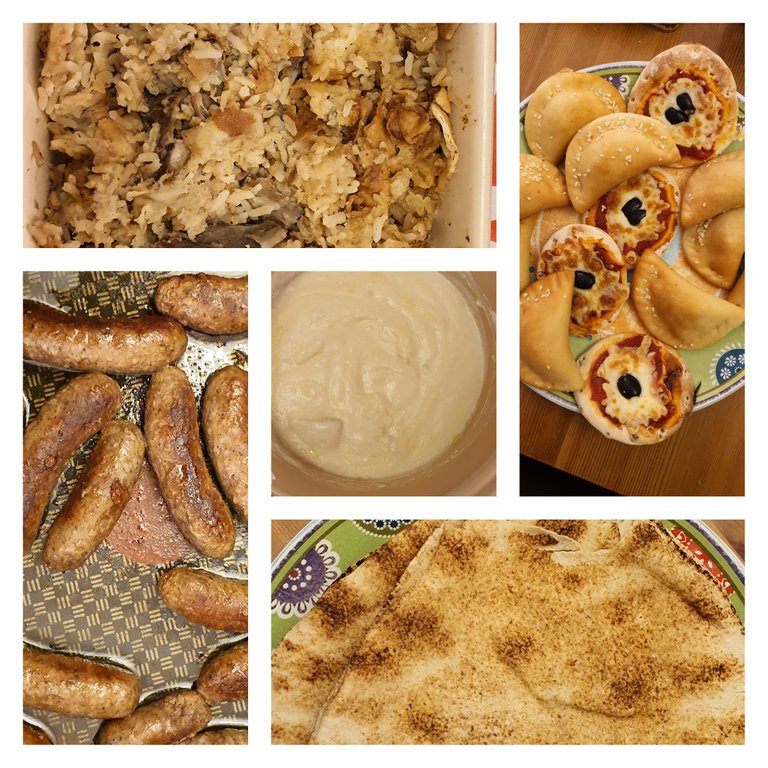
A few years ago I had a contract working in Sudan for a Sugar Company who needed help to revamp their IT infrastructure and business applications. I took the opportunity as, to work somewhere completely different to my European home, it is a great opportunity to broaden my experience in life.
I went to some pretty remote places. Far off the main roads and ate with local villagers where often roads were broken, electricity was sporadic and there was no running water in the houses.
Wherever I went, I found that although the people were poor, they were incredibly generous. I often got invited by complete strangers for dinner and where they were willing to share what they had.
A lot of their food is not fancy. You wouldn't buy it in a Michelin star restaurant. However despite being quite basic, they made it tasty by adding simple spices.
Some of the food is shown the in cover photo. I am probably not spelling the words right just how I heard them. There is probably no correct transliteration anyway.
Fatar
There are different types of this dish which is shown in the top left photo. This is a very basic dish. They take the offcuts of meet and the stock from cooking the meat to make this dish. Adding some garlic and spice, they add rice and bread. Typically they use the bread that isn't fresh as a way of eating it up and not wasting food.
There is an alternative where by instead of using meat stock, they use the stock used to boil fava beans.
Moulah
This is shown in the middle photo and I know, you can't really see much. It is again simple. It is basically yoghurt heated with sliced onion and a bit of butter. The onion gives the yoghurt and unusual flavour.
Other foods
In the photo you can also see Sudanese sausages. Again the off cuts of meat grounded and mixed with spices. Particularly nutmeg. There are some pastries stuffed with Arabic white cheese and some mini pizzas. Of course, you always nee bread.
Culture lessons
The Sudanese often eat with their hands and they share dishes. So in a communal setting, you can find many people crowding around a big dish, all sticking their hands in to share the food together. It takes a bit of getting used to and our natural Western obsession to disinfect everything needs to be left behind. They have been doing it for generations though so why not join?
I wrote about this food because it explained a culture. That poor people can be so generous and make basic food not only taste great but they can make the meal time such a close bonding communal activity. The food may have been basic, but some of the food I have enjoyed eating the most in my life. We don't always need fancy dishes and top restaurants! The enjoyment of life can be experienced with my more simplicity.
The above food is also very typical for Ramadan - So a topical set of dishes to talk about today.




 -
- 

